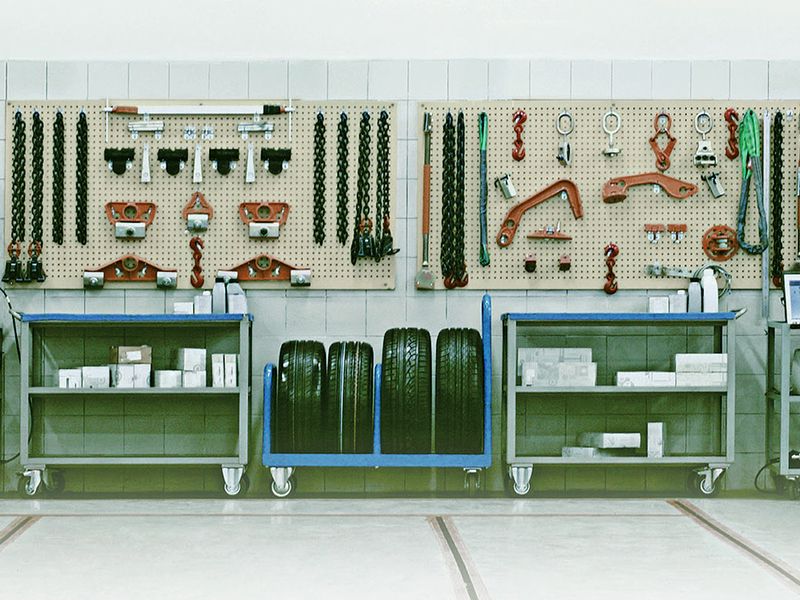
Some technicians at franchised dealerships have been laid off, and those lucky enough to still be turning wrenches likely aren’t getting the work they did before the pandemic.
Whether they’re not working or barely working, techs still have bills to pay — rent, car and tools, for starters. And now, faced with the prospect of working on vehicles that might have traces of the virus, some might not be too eager to return to their service bay.
But concern over the auto retail industry’s critical need for more service technicians has temporarily taken a back seat as dealership service business recovers from a steep decline as a result of the coronavirus shutdowns. Once that recovery occurs, the focus will return to the tech shortage, experts say.
“I think the shortage is still a shortage,” Mike Campbell, vice president of service and quality for Subaru of America, told Fixed Ops Journal.
Through April, Subaru’s 634 U.S. dealerships had a total of 7,476 technicians. Campbell says the network needs a total of “closer to 12,000” in the next few years to keep up with growth.
At the end of 2019, franchised new-vehicle dealers had a total of 267,087 technicians, including body shops, according to the National Automobile Dealers Association.
To help fill those ranks, NADA said about 39,000 new service techs graduate from U.S. technical colleges and training programs each year. But the industry needs 76,000 techs annually to replace those lost to attrition and to meet new demand, the association says.
What effect the pandemic will have on those numbers for 2020 and 2021 is still unknown.
There could be less pressure on hiring, says Harry Hollenberg, managing director of Carlisle & Co., because some techs who might have retired in 2020 will keep working and some who might have left for other jobs will stay instead.
“With almost 15 percent unemployment and probably going higher, you’re probably going to see in the short term a reduction in turnover at the technician level and probably a slight increase in the ability to attract new technicians for dealers who still feel they have capacity gaps,” Hollenberg said.
Bryan DeBoer, CEO of Lithia Motors, says if past experience is a guide, low oil prices could mean techs could become available in energy-industry markets such as Texas.
“If you remember in 2008, 2009, 2010 … our technicians who were out fixing pump jacks came back to us and took their $20- to $25-an-hour pay back instead of $50 to $75 in the oil field,” he said.
Pent-up demand is another factor that suggests techs will be needed once businesses reopen.
“Even if a customer is not in the market for a new or a used car, they may be in the market for maintenance since their car has been at rest, or nearly at rest, for two months or longer,” Subaru’s Campbell says.
“I think there could be some pent-up demand for service maintenance. Cars are meant to be driven.”